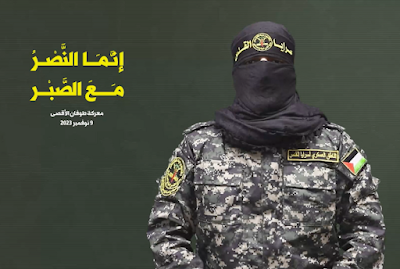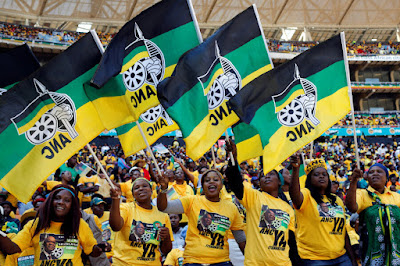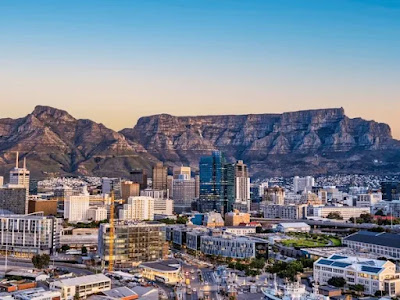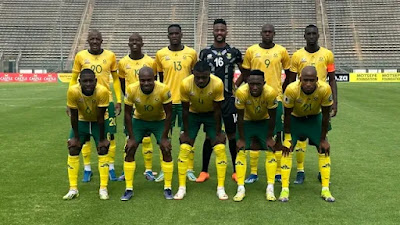Dying of Thirst
Khuloud Rabah Sulaiman and Salma Yaseen
The Electronic Intifada
29 January 2024
Palestinians fill their jerry cans with water from a public water collection point in October. (Naaman Omar / APA Images)
Finding clean and safe drinking water in Gaza has become nearly impossible.
Aref Abed, 60, lives in Gaza City’s al-Yarmouk neighborhood. Typically, Abed would fill his 1,500-liter barrel with desalinated water from a desalination truck.
Yet this is no longer an option.
The desalination plants are closed entirely or operating at extremely limited capacity due to a lack of electricity and fuel. Israel has also destroyed much of Gaza’s sanitation and water infrastructure or deliberately cut off the piping in of water.
Abed’s options for safe drinking water were nonexistent, so he went to a nearby well. Abed knew that such wells do not provide safe drinking water and instead are used for irrigation or other water needs, but he was desperate.
When he arrived at the well, he was so thirsty that he drank without thinking.
He knew the water was dirty by its taste. Then, when he washed his hands, he saw they were covered in sediment.
“I saw the water was not pure and had some dirt,” he said. “I think it is untreated from sewage and unsuitable for using to wash, to clean or even to bathe.”
He vomited from the water. Still, he forced himself to continue drinking.
Then, in mid-January, Abed went to the hospital because he had a high fever and constant diarrhea. He was severely dehydrated.
Doctors diagnosed him with typhoid, a life-threatening bacterial infection. If left untreated, he could experience kidney failure.
Clean water is expensive
The vast majority of Palestinians in Gaza do not have adequate access to clean water.
Abed was given antibiotics to treat his typhoid, but since he was continuously drinking contaminated water, his condition was not improving.
“My brother always buys bottled water for me, just so I can be healed and for him to avoid the illness,” he said.
Yet this is an option that the brothers can barely afford. The cost of a small bottle of water, about 500 milliliters worth, now costs nearly $3, which is 10 times its cost before October.
“Bottled water is not always available in the city, and if it exists, is it sufficient? How will I save my life when there is no clean water in the city?”
How can I provide water when even UNRWA can’t?
Most of the nearly 2 million people who have been displaced in Gaza are now in the south. The lack of clean drinking water is especially acute there.
Kanz Sulaiman, 7, is sheltering in an UNRWA school in the southern city of Khan Younis. Her family was displaced two months ago from Gaza City.
Kanz received bottled water from her parents to drink, but when that was not available, she would drink from the tap at the UNRWA school.
“I was thirsty to death,” she said. “Everytime I didn’t find [water] in our gallons, I drank from [the tap].”
Earlier this month, Kanz came down with a fever and was vomiting and having severe diarrhea for several days. At the school’s health center, she was diagnosed with intestinal catarrh.
The doctor advised her father to try and provide clean drinking water, since the school’s tap is polluted. The doctor said that ingesting the water could lead to something more serious, like cholera or typhoid.
Hamza Sulaiman, Kanz’s father, said that he asked the doctor, “How can I provide clean water for her if [UNRWA] is unable to provide it for us in the school?”
The doctor had no response. He instructed Hamza to head to the main UNRWA clinic in Khan Younis for medications since the school had run out. Unfortunately, the main clinic – as well as seven pharmacies Hamza visited – had also run out of medications.
Within the week, the entire family, including Hamza’s 11-year-old son Yazan, was sick.
Fortunately, a relative had the necessary medication, and Kanz improved after a week of illness.
“I was grateful for my relative who saved my daughter’s life when he gave us the medication,” Hamza said. “I feared losing her as I couldn’t do anything for her.”
Still, accessing clean water is a daily struggle. Hamza fills up their water containers at UNRWA, when water is available, but it is often not.
“The desalinated water is not 100 percent clean like before the war,” he said. “There is some saltiness to its taste. I think it is half desalinated because of the lack of fuel.”
Turning to seawater
Fadia Waleed and her five children have turned to the sea for water, even though they know it is polluted with sewage.
She washes their dishes and cleans their clothes with seawater, and her children bathe in the ocean. They have no other alternative, as the UNRWA school where they are sheltering is no longer providing water from the taps.
Yet this month, Fadia’s son Yaseen got sick with a fever and abdominal pain. They went to the hospital and he was diagnosed with Hepatitis A.
He took medications for two weeks, and his condition gradually improved.
“During those 14 days, I was scared to lose him,” Fadia said. “I stayed all night awake over him to watch his health.”
“I borrowed some bottled water from my neighbors in the school,” she said. This clean water helped save his life.
The family has stopped using seawater for daily chores after Yaseen’s illness, but they still don’t have regular access to water.
“If they drink from the sea, they will die, and if they keep thirsty without clean water, they will die as well. So what’s the solution?”
Khuloud Rabah Sulaiman is a journalist living in Gaza.
Salma Yaseen is a student of English literature at the Islamic University of Gaza.


























